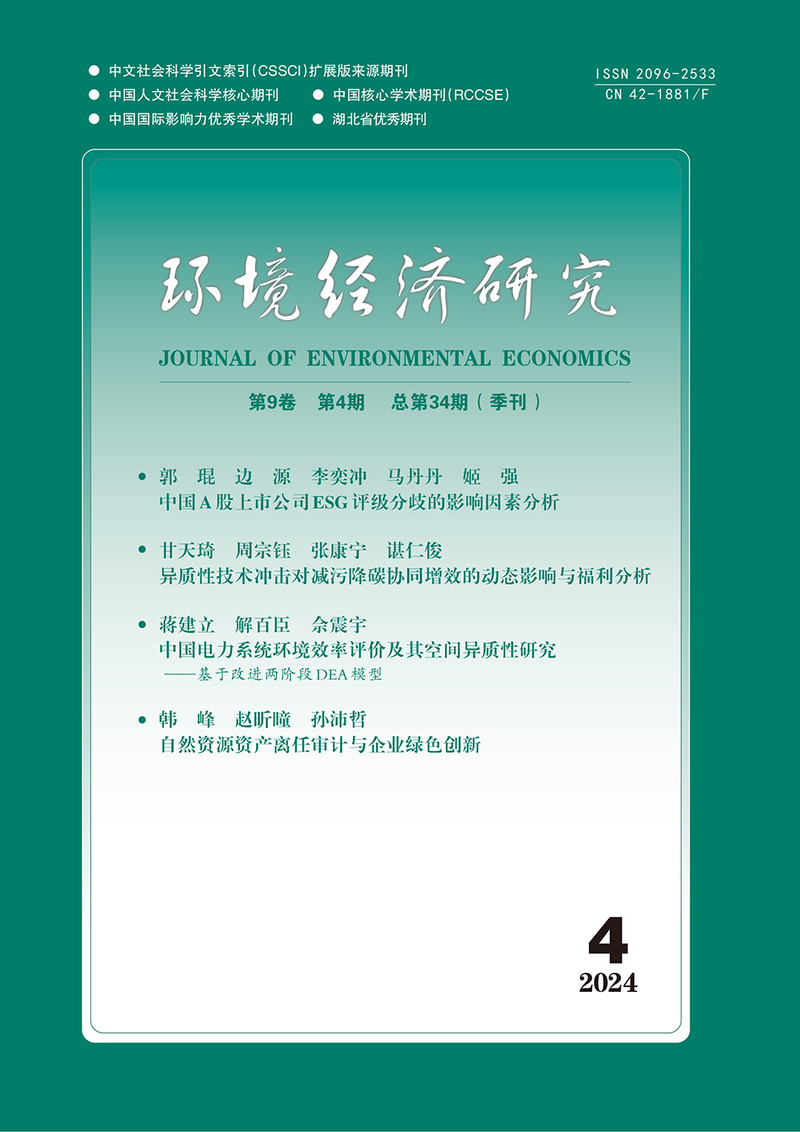The Influence of Urbanization on Air Quality: A Case of Beijing-Tianjin-Hebei Urban Agglomeration
Gao Ming and Guo Feng
摘要:我国城市空气污染日益严重,城市化进程对空气质量的影响不容忽视。基于2003-2015年京津冀13个城市的面板数据,运用动态面板模型多维度考察京津冀城市群发展中的人口城市化、经济城市化、土地城市化以及环境规制对空气质量产生的影响。研究发现:京津冀城市群城市人口规模与空气污染综合指数呈现“U型”曲线关系;城市人口密度、民用汽车拥有量与空气污染呈正相关关系;城市人均GDP与城市空气污染间存在“U”型关系;第二产业的发展将加剧城市空气污染;城市建成区面积及城市交通道路建设对空气污染具有正向影响;城市建成区绿化覆盖率对空气污染产生负向作用;环境规制与城市空气污染之间具有显著的负相关关系。因此,发展公共交通,转变经济发展方式以及合理控制城市用地规模、规划城市道路建设将有效改善京津冀区域的空气质量;而治污资源共享机制建立将促进跨区域协同治理,从而对京津冀城市群空气质量改善提供坚实的基础。
关键词 : 京津冀城市群, 城市化, 空气质量
Abstract: The urban air pollution in the Beijing-Tianjin-Hebei region has become increasingly serious,and the im
pact of urbanization on air quality cannot be ignored. This paper uses panel data and air quality data from 13 cities of Beijing-Tianjin-Hebei in 2003-2015,and uses a dynamic panel model to examine the impact of urbanization on air quality in different dimensions of population size,economy, land,and environmental regulation. The population size and air pollution of the Beijing-Tianjin-Hebei urban agglomeration showed a U-shaped curve; the urban population density and the number of civil cars owned and the air pollution were positively correlated. There is a significant dynamic quadratic curve relationship between urban percapital GDP and urban air pollution,and presents a U type; the development of the secondary industry still has significant a positive impact on its air pollution.The urban built-up area and the construction of urban traffic roads have a positive impact on the air pollution; the green coverage rate of urban built-up areas has an negative impact on the air pollution. Institutional arrangements have a significant negative correlation with urban air pollution.Therefore, the development of public transportation transformation of economic development mode,reasonable control of urban land use scale and planning of urban road construction will effectively improve air quality. The establishment of a mechanism to share pollution resources will promote cross- regional cooperative governance, thus providing a solid foundation for the improvement of air quality in the Beijing- Tianjin-Hebei city cluster.
Keywords: Beijing-Tianjin-Hebei Urban Agglomeration; Urbanization; Air Quality
基金资助:
国家社会科学基金项目“促进城市矿产开发利用的多主体协同机制研究”(18BGL176)和福建省高校新型特色智库项目“福建绿色发展研究院”(201705)
全文:![]() 城市化对空气质量的影响研究——以京津冀城市群为例.pdf
城市化对空气质量的影响研究——以京津冀城市群为例.pdf
DOI:10.19511/j.cnki.jee.2018.03.007
